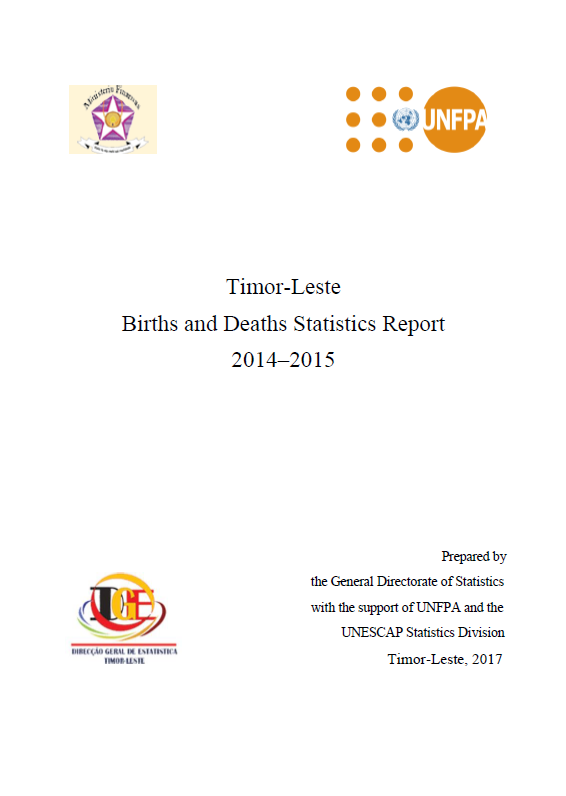CRVS Insight November 2017
Articles
- Updates from the third meeting of the Regional Steering Group for CRVS in Asia and the Pacific
Events

The CRVS community in Asia and the Pacific has reflected on where it stands at the midpoint of the CRVS Decade (2015-2024) during the Second Ministerial Conference. Following this celebration of progress, many of our partners and member countries are leading actions to fill the remaining gaps. To learn more about CRVS in Asia and the Pacific, please subscribe to our newsletter, which offers a monthly panorama of CRVS actions throughout the region Previous editions can be found here. |
Articles
Events

The Brisbane Accord Group (BAG), led by SPC, WHO, the Queensland University of Technology (QUT), the Australian Bureau of Statistics (ABS) and the Fiji National University (FNU) conducted a regional workshop on the medical certification of causes of death on 28th-30th November 2017 in Suva, Fiji. The workshop was attended by 19 participants, including Medical doctors and Health Information Personnel from six Pacific Island countries namely: Cook Islands, Tonga, Fiji, Vanuatu, Tuvalu and Samoa. The workshop aimed at reviewing a set of training materials developed by BAG on medical certification of causes of death which had earlier been trailed through two national workshops held in Samoa and Tuvalu in September and October 2017 respectively.
The Births and Deaths Statistics Report contains information on the births and deaths occurring in Timor-Leste in 2014-2015. In addition to these vital statistics, the report also contains an overview of Timor-Leste's CRVS system, coordination efforts between different government ministries, legal issues regarding CRVS, a comparison of the Ministry of Health's registration information with the General Directorate of Statistics' information, as well as recommendations for improvement.

The CRVS Secretariat of the Cabinet Division, Government of Bangladesh is organizing the "International Conference on CRVS, 2018" to be held on 23- 25 January, 2018 in Dhaka, Bangladesh. The conference will be a forum for CRVS stakeholders from Bangladesh and other South Asian countries as well as international experts on CRVS.
An Information Paper on Civil Registration and Vital Statistics prepared for the 5th Regional Conference of Heads of Planning and Statistics (HOPS), held in Noumea, New Caledonia from 14-16 November 2017.

Plan International is developing a standards-based software solution to provide for civil registration and population data needs in low resource settings. The OpenCRVS platform will be free, fully compliant, and adaptable for different country contexts in Asia and the Pacific. The software, designed by and for civil registrars, will also be easy to deploy, user-centric, and require minimal skills for customisation, maintenance and support.

Recognising the need for relevant actors to be trained in CRVS digitisation skills, based on the CRVS Digitisation Guidebook, Plan has developed a curriculum and materials that can be used by any partner wishing to train government partners in this area.

This conference will serve as a unique forum to take stock of the recent innovations in the field, tackle issues of common concern, and debate possible high impact interventions and policy level responses to the challenges and concerns posed by CRVS systems.
This working paper explores coordination issues through the lens of CRVS, with particular reference to birth registration. Ghana is used as a case study.

Yap's presentation at the 2017 PCRN Meeting on CRVS for Disasters held from 2-4 October in Suva, Fiji.
